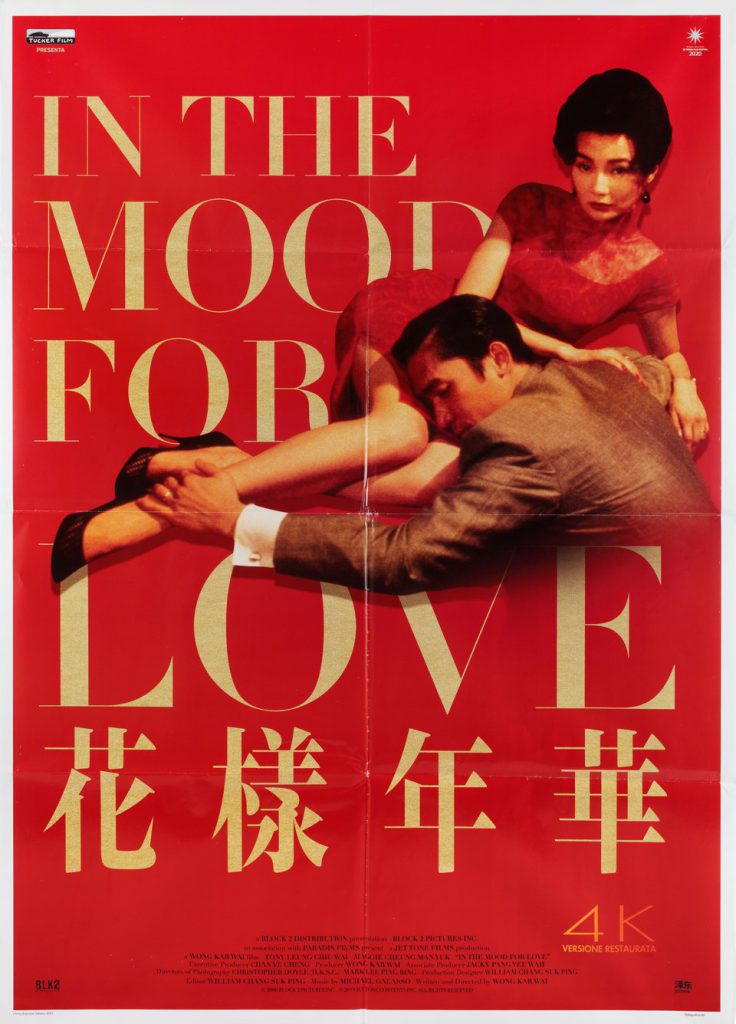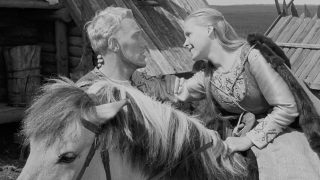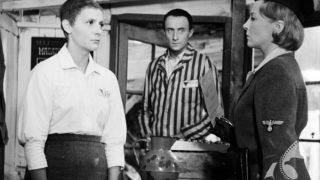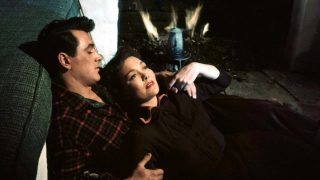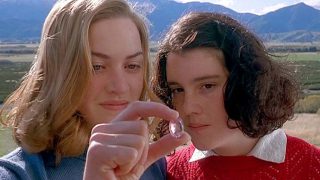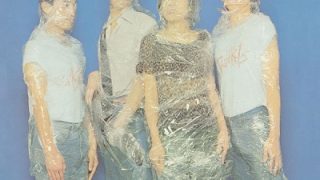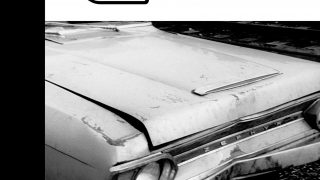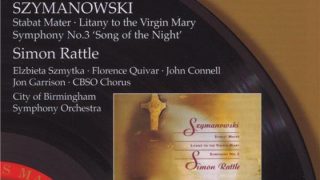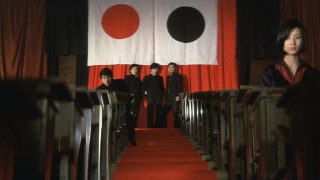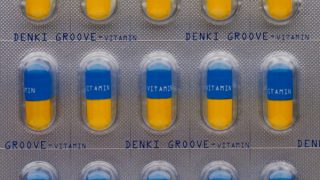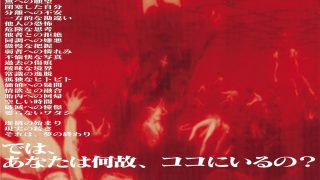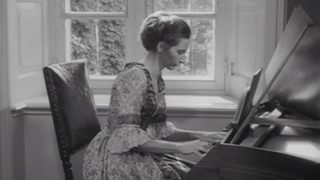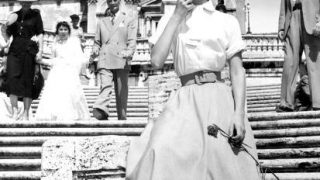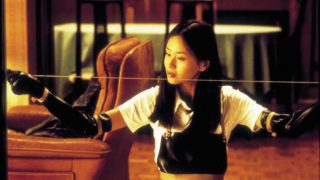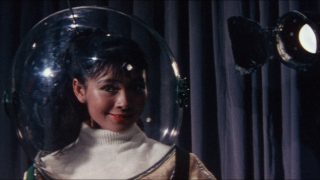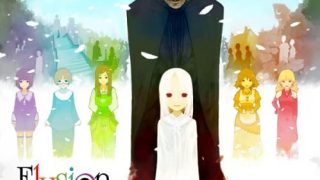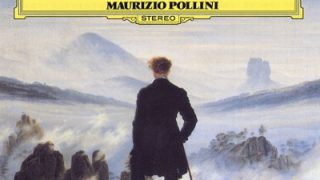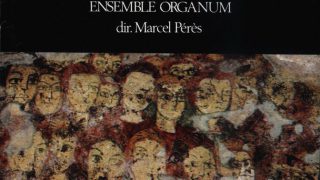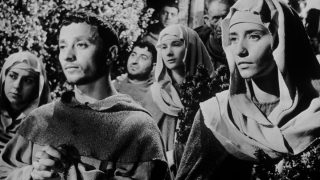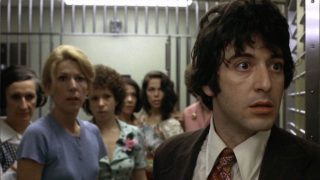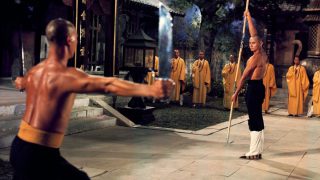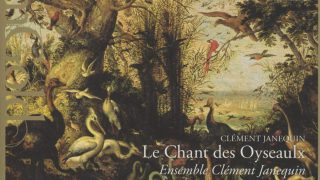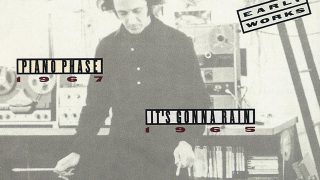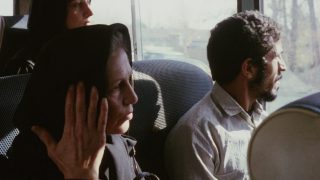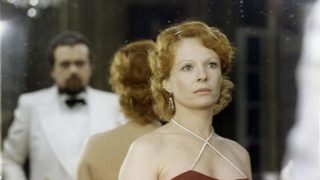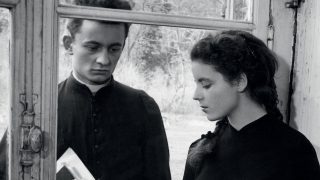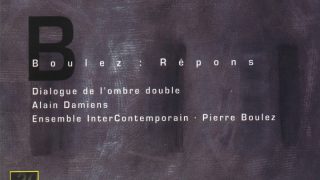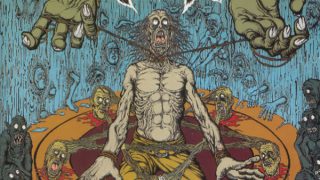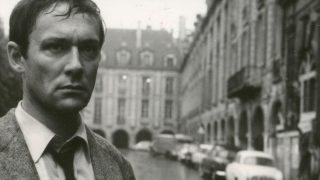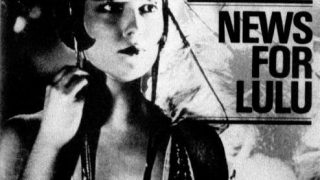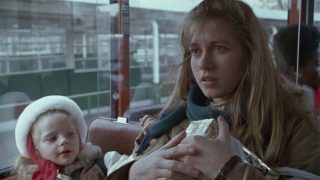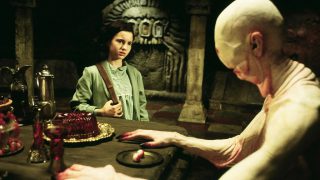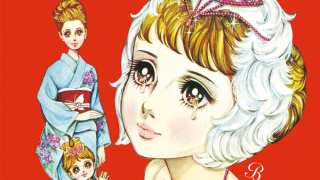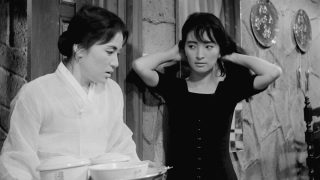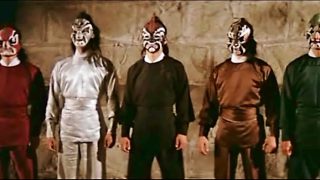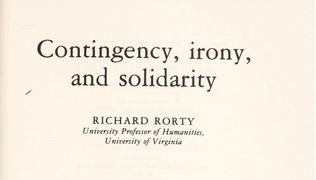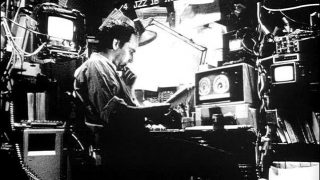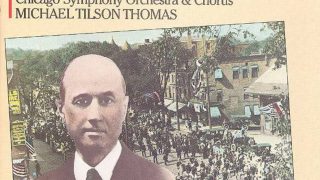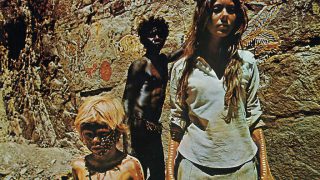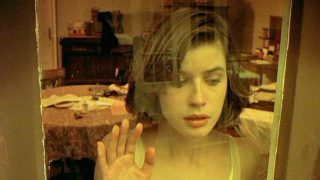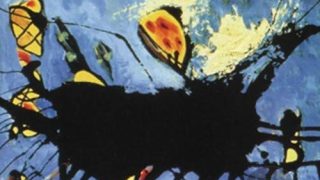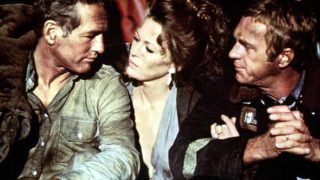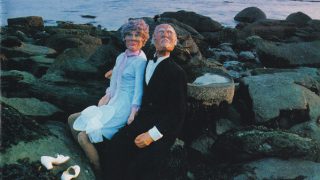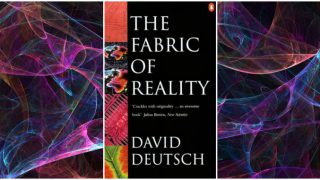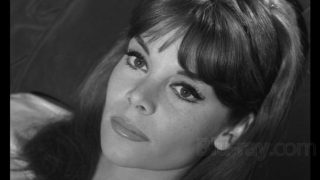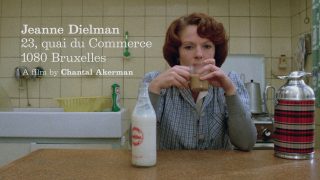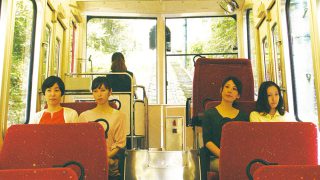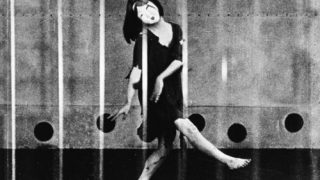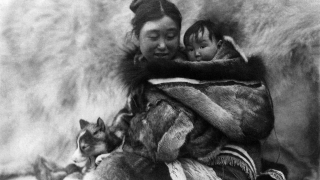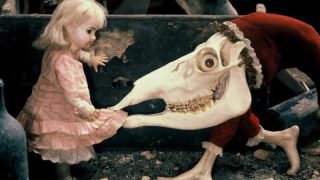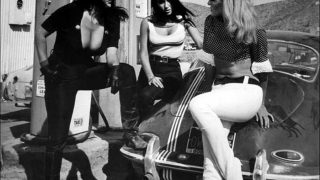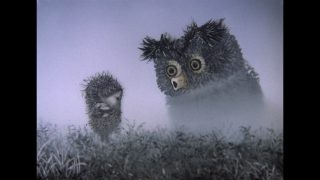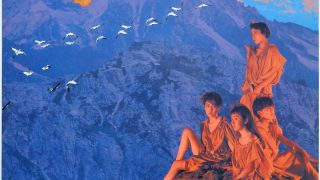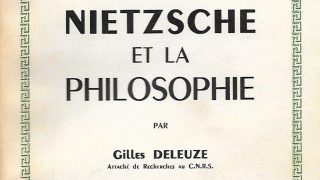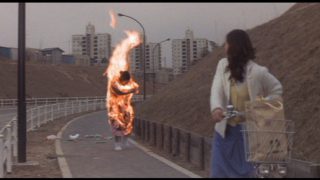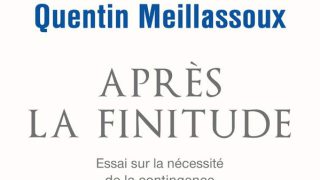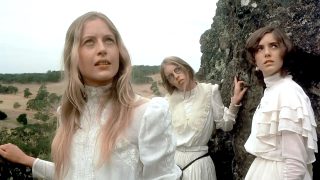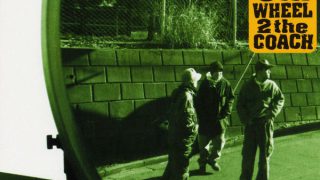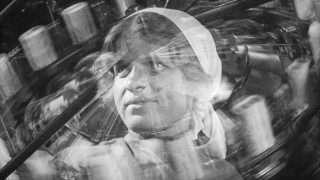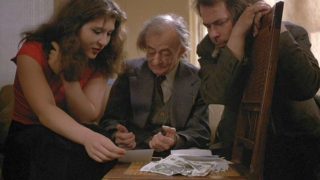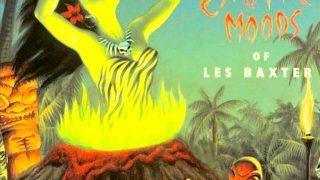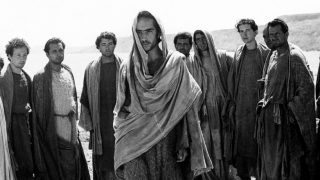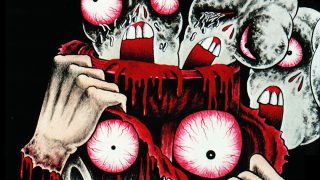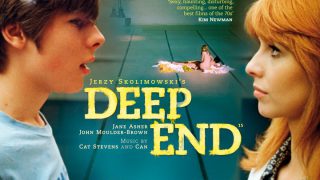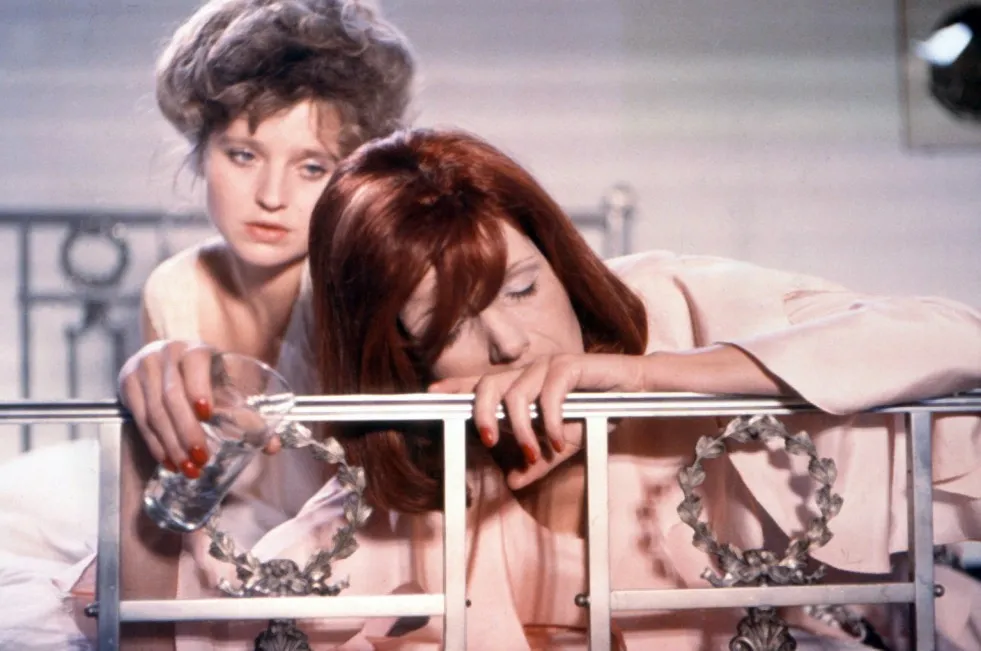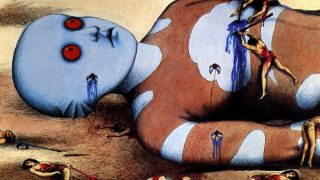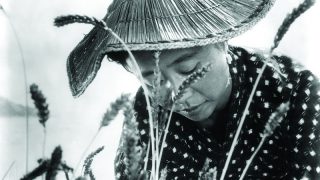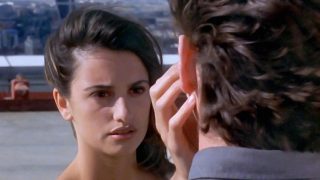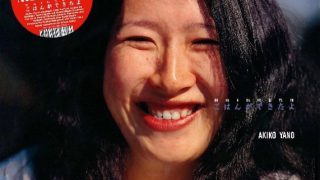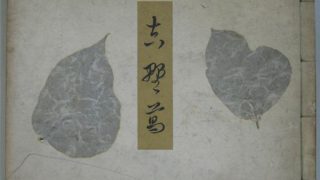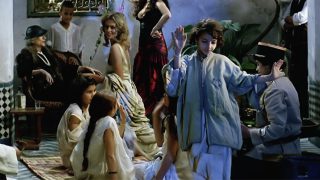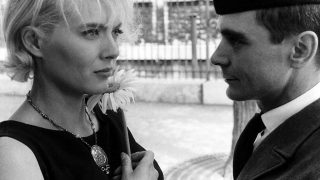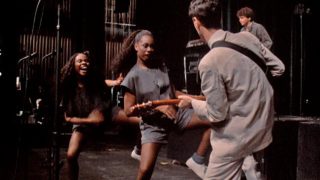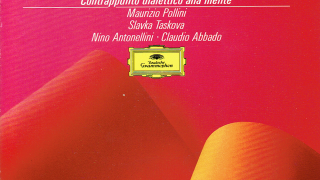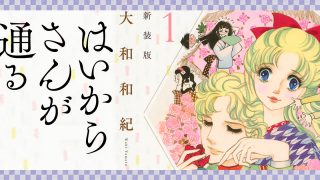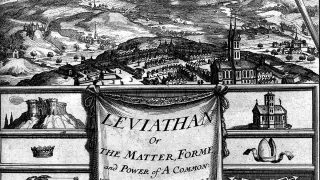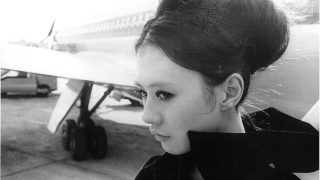Overview
“In the Mood for Love” is a 2000 romantic drama film written, produced and directed by Wong Kar-wai.
Set in British Hong Kong in the 1960s, it portrays a hidden love between a man and a woman whose spouses have an affair together.
It stars Maggie Cheung and Tony Leung.
Cinematography by Christopher Doyle and Mark Lee Ping-bing.
Edited by William Chang.
Music by Michael Galasso.
The languages are Cantonese and Shanghainese.
It was a co-production between Hong Kong and France. 98 minutes.
The film premiered at the Cannes Film Festival in 2000.
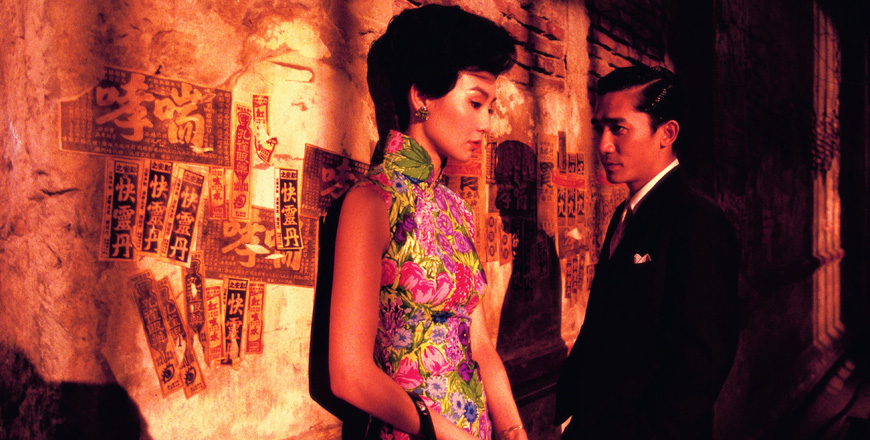
Plot
In 1962 Hong Kong, Su Li-zhen (Maggie Cheung), who works as a president’s secretary at a trading company, and her husband move into a rented room in an apartment, where people from Shanghai live.
Newspaper editor Chow Mo-wan (Tony Leung) and his wife move into the next room on the same day.
Su’s husband Chan works at a Japanese-affiliated company. He is almost always outside of the house because he has many business trips overseas.
Chow is often alone in his room because his wife works the night shift and she always comes home late.
Su and Chow realize that their spouses are having an affair with each other.
They start sharing an intimate moment with each other.
Chow starts serializing a novel in a newspaper. He asks Su to help him write the serial.
Though Su and Chow maintain a platonic relationship, they start having romantic feelings for each other after frequently making secret meetings in a hotel room.
Chow decides to move to Singapore to take a job. He asks Su to go with him.
Chow waits for Su in the hotel. Su decides to go with him and goes to the hotel, but it was after he left Hong Kong that she arrived at the hotel.
The next year (1963), Su comes to Singapore and makes a phone call to Chow’s office, but she remains silent when Chow picks up the phone. Later, Chow realizes she had visited his apartment after seeing a lipstick-stained cigarette butt in his ashtray.
That night, Chow talks to his co-worker Ping about the way of sealing off secrets in old times: when a person has a secret, they make a hollow in a tree in a mountain, whisper it into the hollow, and cover it with mud.
Three years later (1966), Su visits her former landlady Mrs. Suen (Rebecca Pan), who is about to emigrate to the United States. Su inquires of Mrs. Suen whether her apartment is available for rent.
Chow returns to Hong Kong to visit his former landlords the Koos, who have emigrated to the Philippines. He asks about the Suen family next door, and the new owner tells him a woman and her son are now living there. Chow leaves Hong Kong without meeting Su.
In 1966, Chow travels to Cambodia and visits Angkor Wat. He whispers something into a hollow in the ruins and plugs it with grass.
Commentary
“In the Mood for Love” is a romantic and beautiful film that portrays the unfulfilled love between two marrieds as reminiscences.
About the Novel “Intersection” (1993) by Liu Yichang
The film “In the Mood for Love” was inspired by the novel “Intersection” (1993) by Liu Yichang, a Shanghai-born and Hong Kong-based writer.
About the Song “Hua Yang De Nian Hua” (1946) by Zhou Xuan
The original Chinese title of the film, “Hua Yang Nian Hua” means “Age of Flowers” or “Flowery Years”. It derives from Chinese singer and actress Zhou Xuan’s song “Hua Yang De Nian Hua” (1946). This song was sung by her in the film “Sauvignon Blanc” (1946).
The film “In the Mood for Love” includes a scene in which this song is played on the radio.
Wong also directed a short film “Hua Yang De Nian Hua” featuring this song in 2000.
About the Trilogy by Wong Kar-wai
Wong’s three films set in the 1960s, “Days of Being Wild” (1990), “In the Mood for Love”, (2000), and “2046” (2004) are commonly seen as a trilogy.
Maggie Cheung, who had played the role of a woman named Su Li-zhen in “Days of Being Wild”, played the role of a woman of the same name in “In the Mood for Love”.
Tony Leung, who had appeared as a gambler in the last scene of “Days of Being Wild”, starred in this film.
The number of the hotel room rented by Chow in this film is “2046”. It means the last year of “one country, two systems” in Hong Kong.
About the Style of the Film
The film is characterized by its vibrant colors, breathtaking visual beauty, nonlinear narrative, camerawork in a “peeping” style, dreamlike atmosphere, and heavy use of slow motion.
Main shots of the film are composed of the scenes in Su and Chow’s reminiscences of their secret relationship. The faces of their spouses never appear on the screen.
The costume designs of Su’s Shanghainese-style cheongsams are gorgeous and impressive.
There is a scene in which Su and Chow lean on each other in a taxi and Su says that she doesn’t want to go home tonight. It can also be interpreted that Su had relations with Chow that night and she gave birth to his son. However, what happened between them is not depicted in the film.
About the Music
The soundtrack contains Michael Galasso’s original film scores and inserted songs such as the theme (composed by Shigeru Umebayashi) of the film “Yumeji” (1991), “Quizás, Quizás, Quizás” (1947) and other Latin numbers sung by Nat King Cole, and “Bengawan Solo” (1940) sung by Rebecca Pan.
Reception
The film won many awards, including Best Actor (Tony Leung) and Technical Grand Prize (Christopher Doyle, Lee Ping-bing, William Chang) in the 2000 Cannes Film Festival, Screen International Award for a non-European film in the 2000 European Film Awards, Feature Film Award in the 2000 Montréal Festival of New Cinema, Best Foreign Film in the 2001 César Awards, Best Foreign Language Film and Best Cinematography (Christopher Doyle, Lee Ping-bing) in the 2002 National Society of Film Critics.
In 2022, the film was ranked number five in the “Greatest Films of All Time” (critics’ poll) of British film magazine “Sight and Sound”.
4K Digital Restoration
The 4K digital restoration of the film was produced from the 35 mm original camera negative by the Criterion Collection in collaboration with L’Immagine Ritrovata (Italy).
In 2022, the 4K digital restoration was released in theaters worldwide, and was released on Ultra HD Blu-ray and digital distribution by the Criterion Collection.
